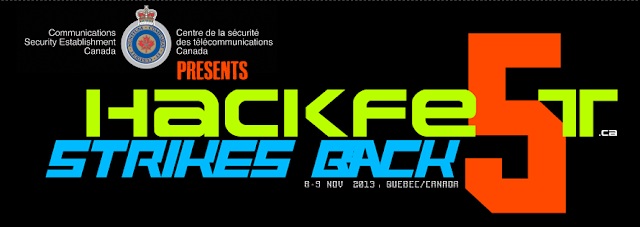Funny, sad, brilliant.
John Oliver has done a very clever thing here ... and that's all I'm gonna say - just watch it.
Bonus: Ex-CIA John Kiriakou on Canada's intelligence safeguards: "You're kidding me."
Toronto lawyer Rocco Galati, whose privileged conversations with his clients were wiretapped three years ago : "It’s all a smokescreen. SIRC isn’t there to do anything but make it look like it’s doing something to oversee CSIS. Nobody is doing anything to oversee CSIS. They’re out-of-control renegades."
Andrew Mitrovica on Spies, lies and the myth of ‘oversight’ at CSIS
"If CSIS can get away with bugging a lawyer’s phone calls with his client, imagine what the spy service will do when Bill C-51 becomes law."Update : Anon in comments : The photos of your junk will be publicized
and also Boris' brilliance from comments below, reposted here. :
"2015 turned out to be a bizarre year for the surveillance state.
In April, John Oliver interviewed Edward Snowden about the spy agencies spying and used a "dick pic" to make his point. Later, the Canadian government passed Bill C-51 giving its spy agency free reign.
The "Dick Pic Revolution" began shortly thereafter and by December googling "dick pic" brought up over 500 trillion hits. It was estimated that 25-35% of all the penises in the world were now digitized and that fewer than 1% of searches would now be free of dick pics within the first 25 hits.
Rebel hacker group Anonymous joined the fray by hacking into government and corporate email programs and installing a virus, later made available freely for any disgruntled government or corporate employee to install at their workplace, that would attach a random dick pic to every email sent from those addresses."Heh.
.










